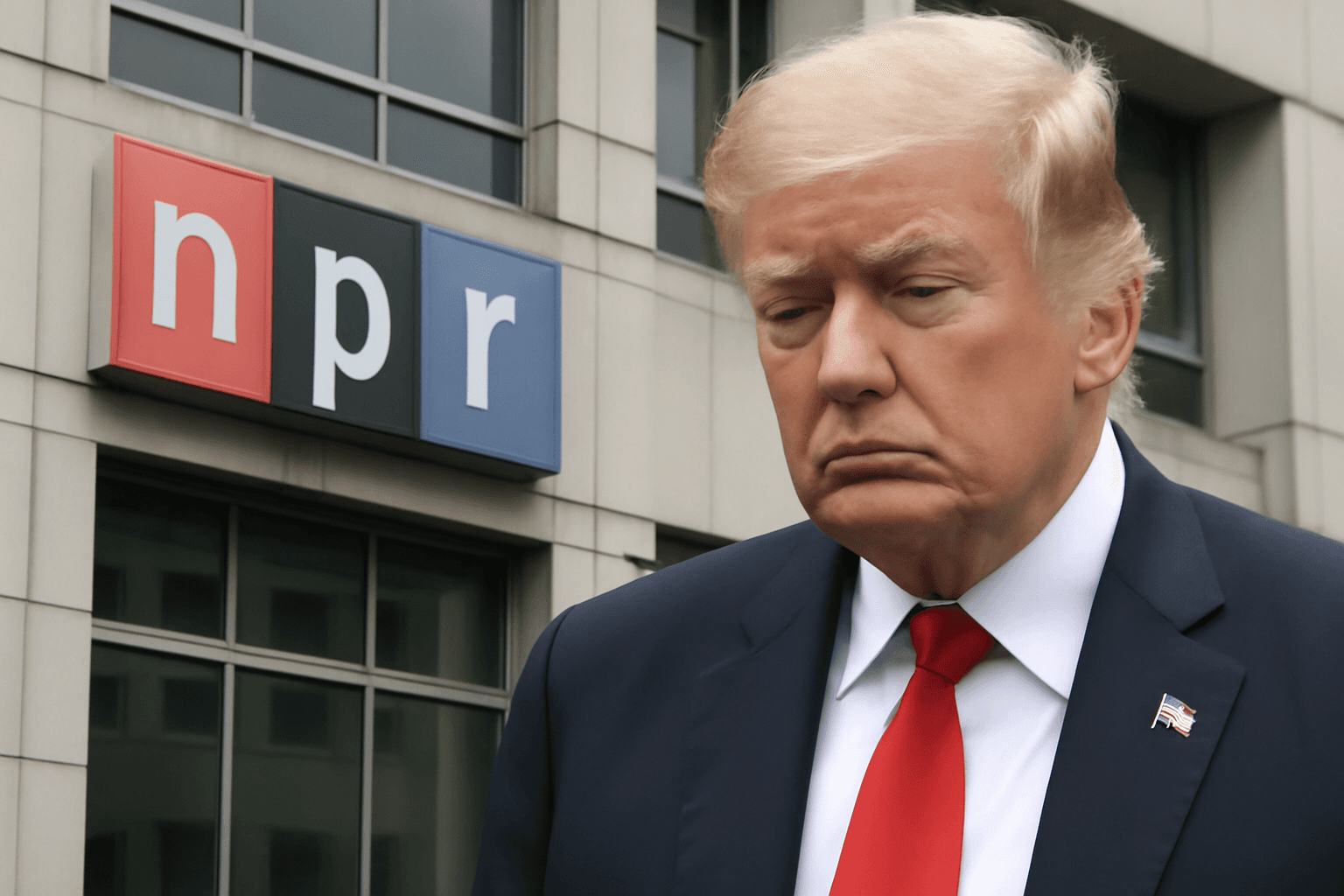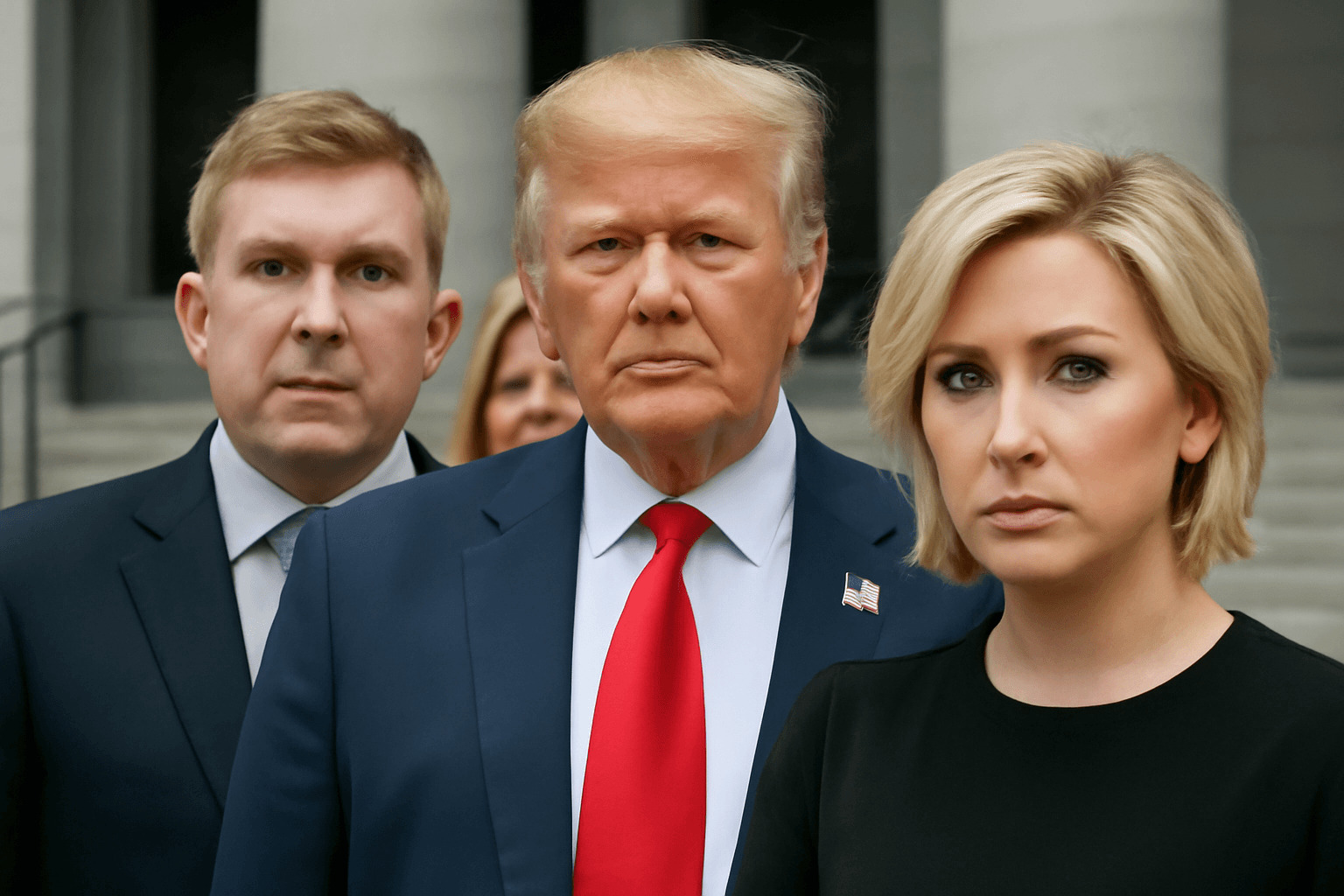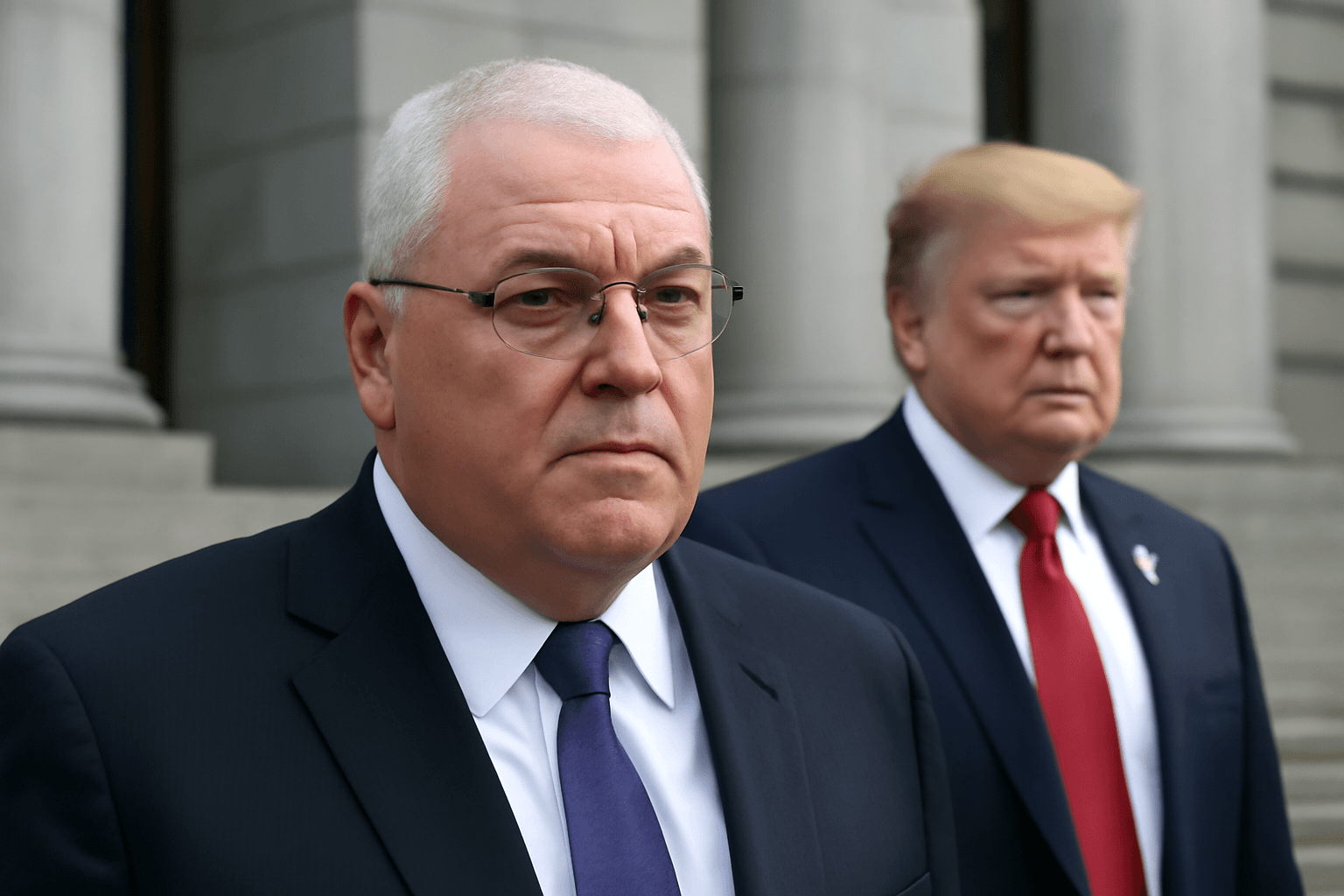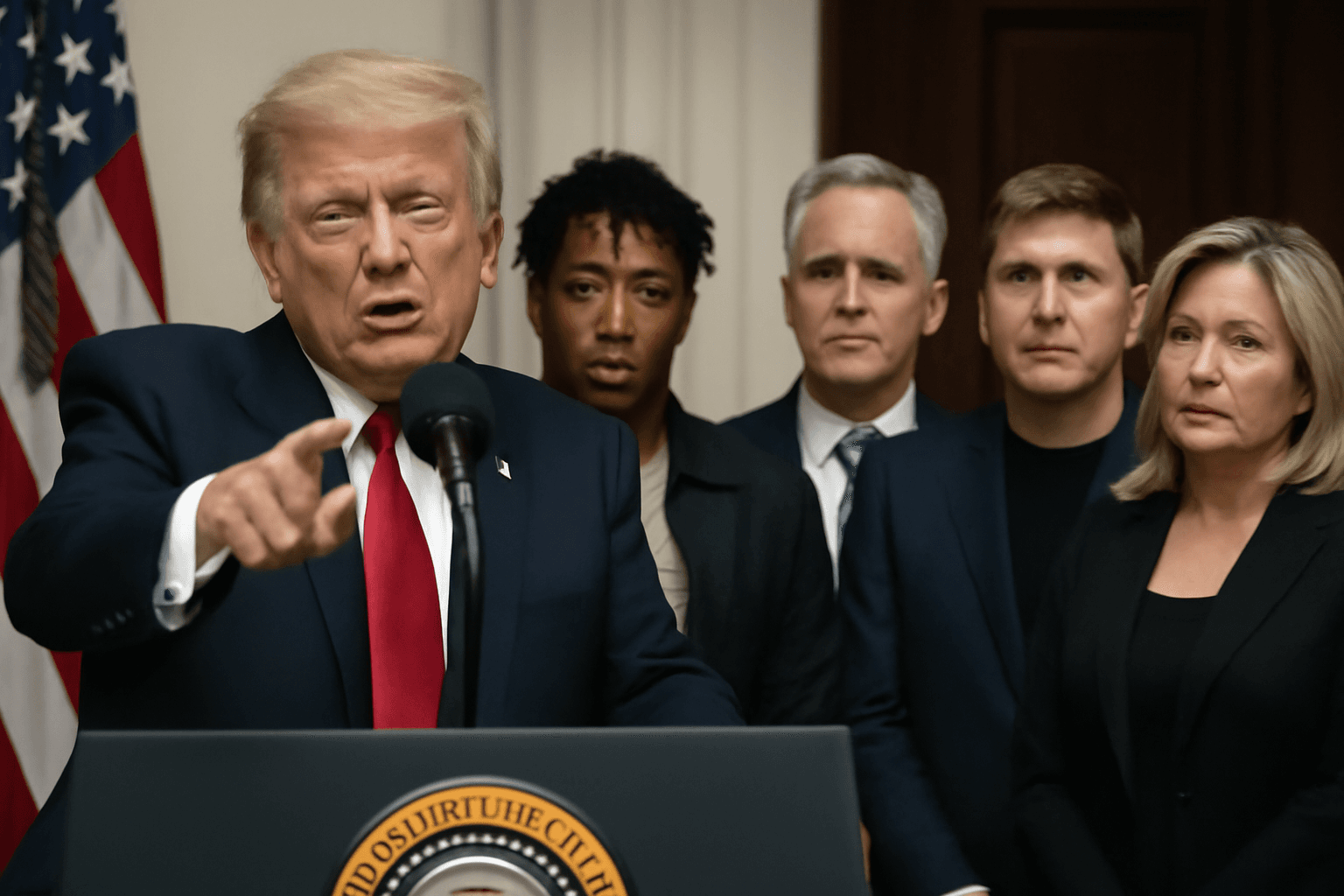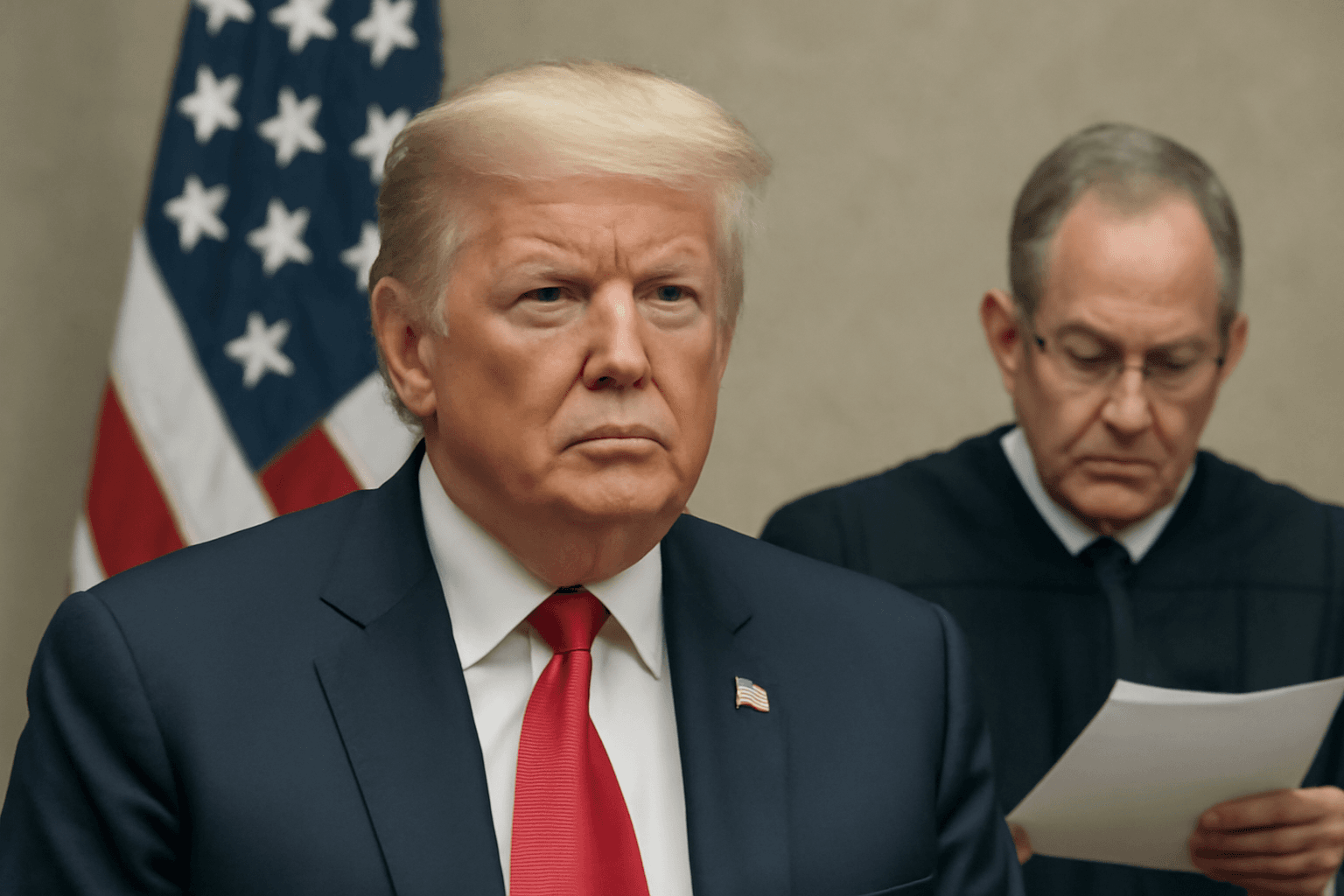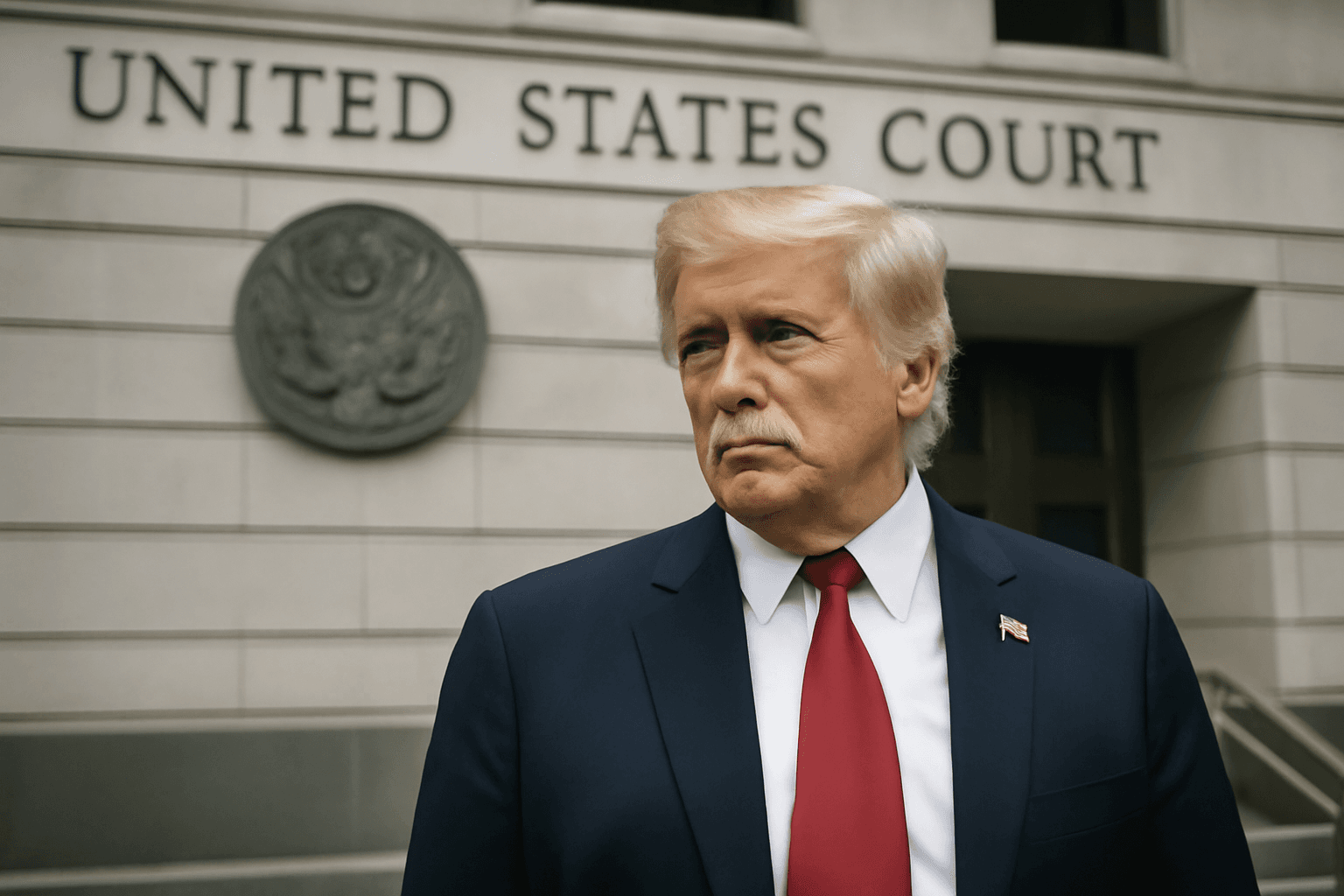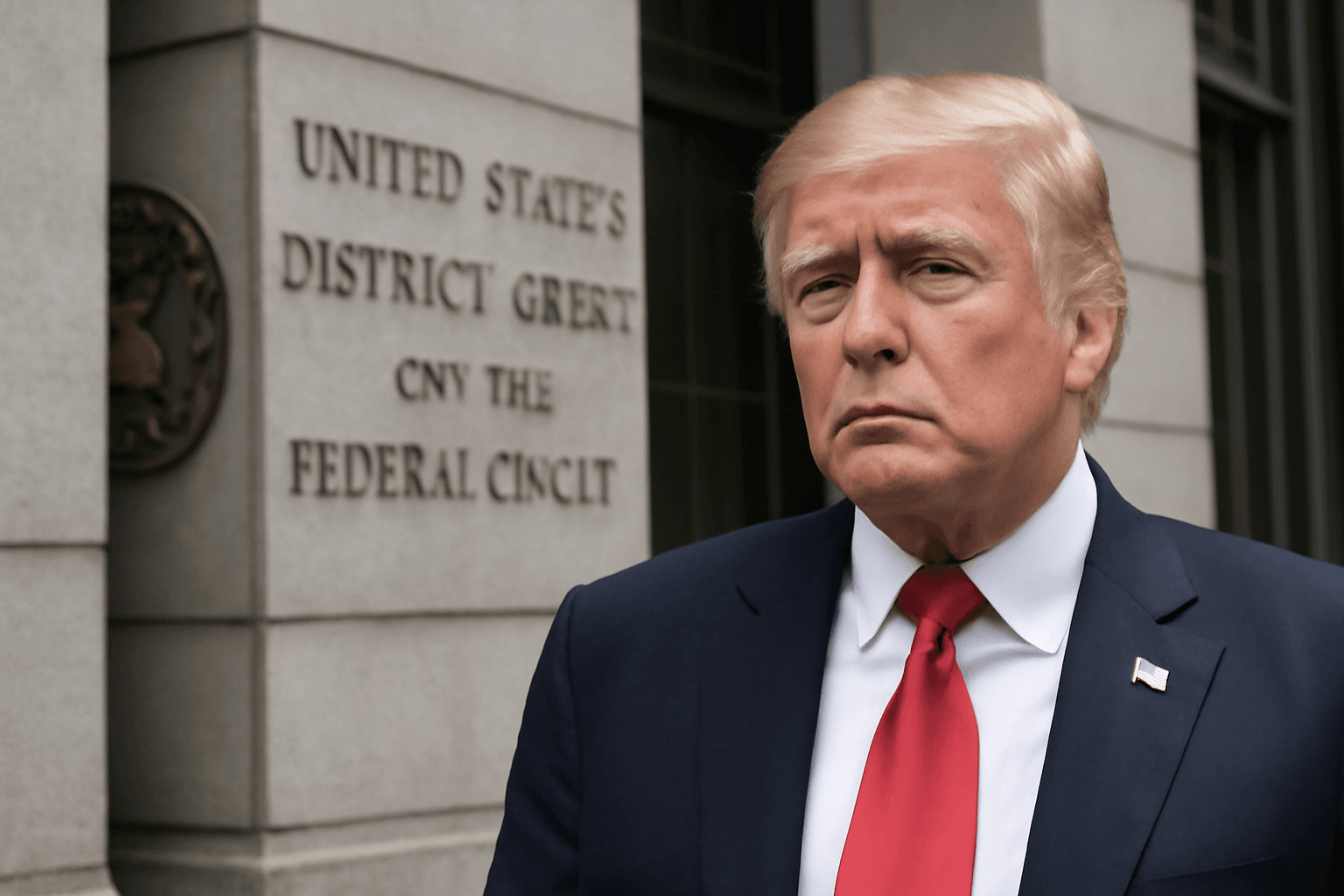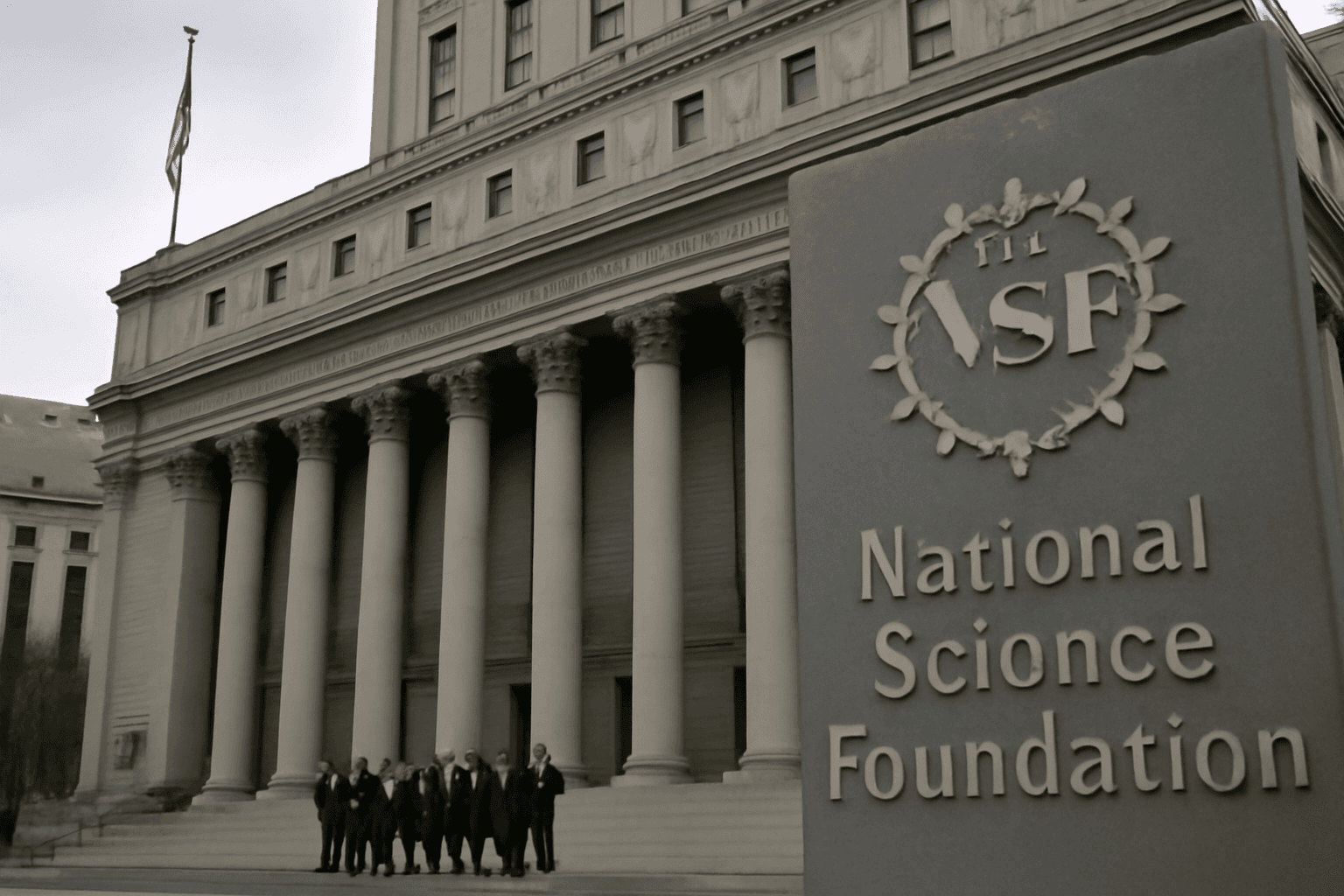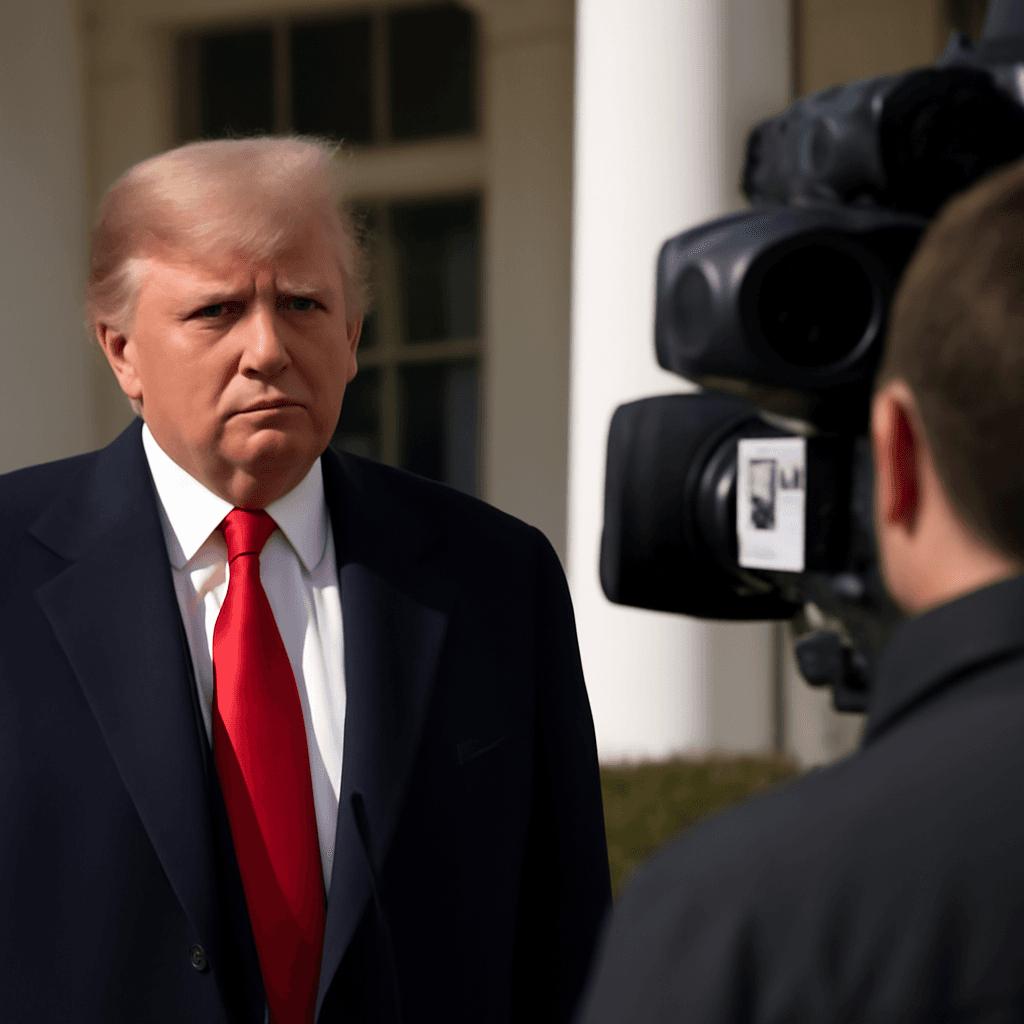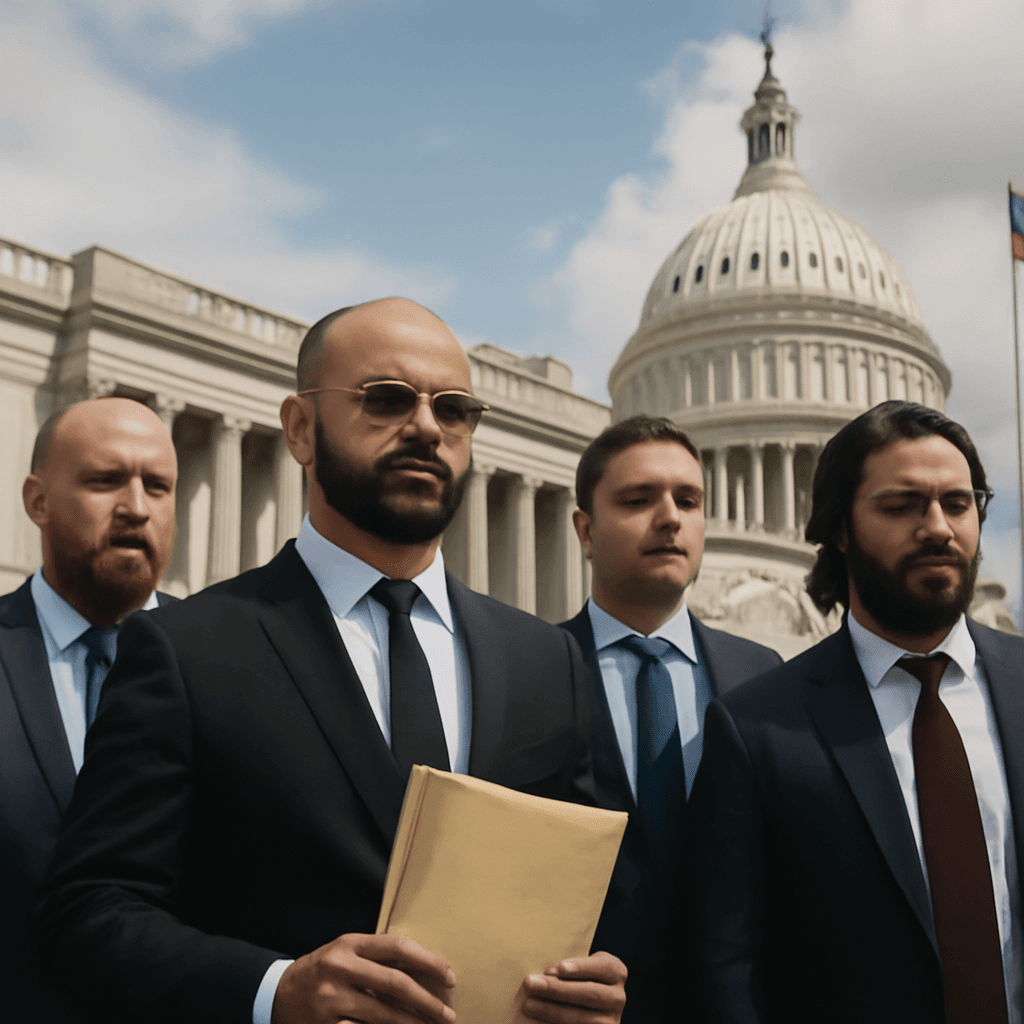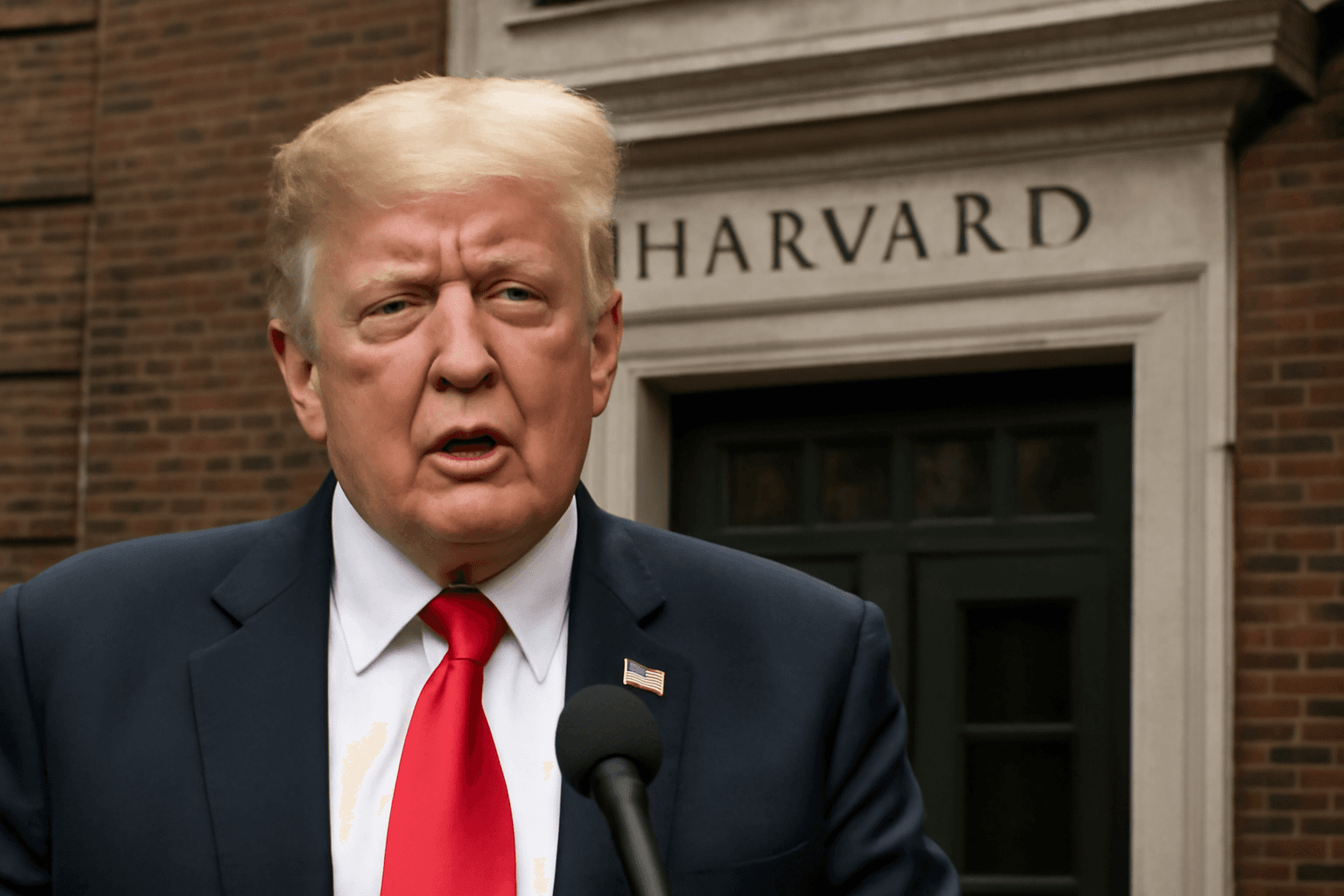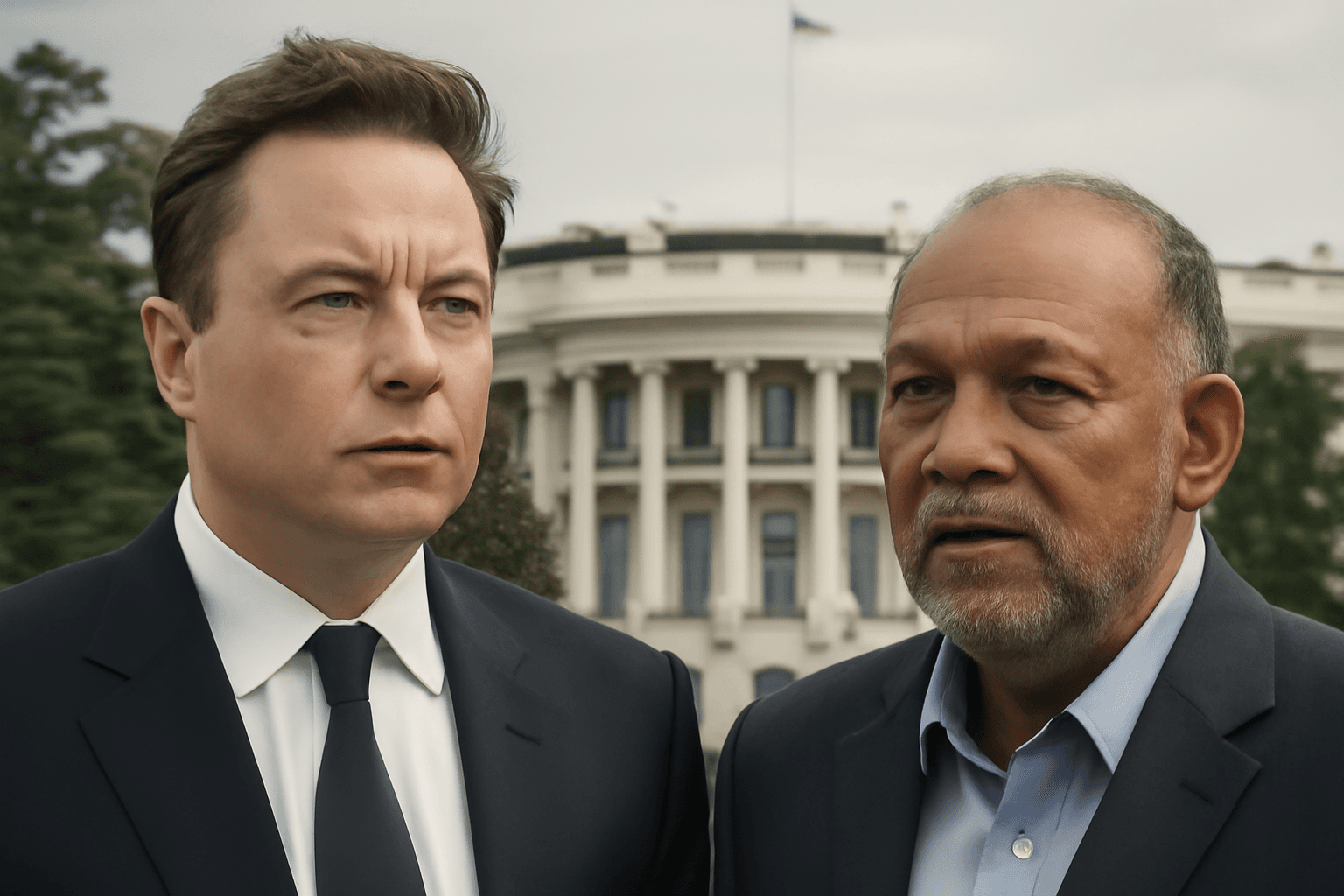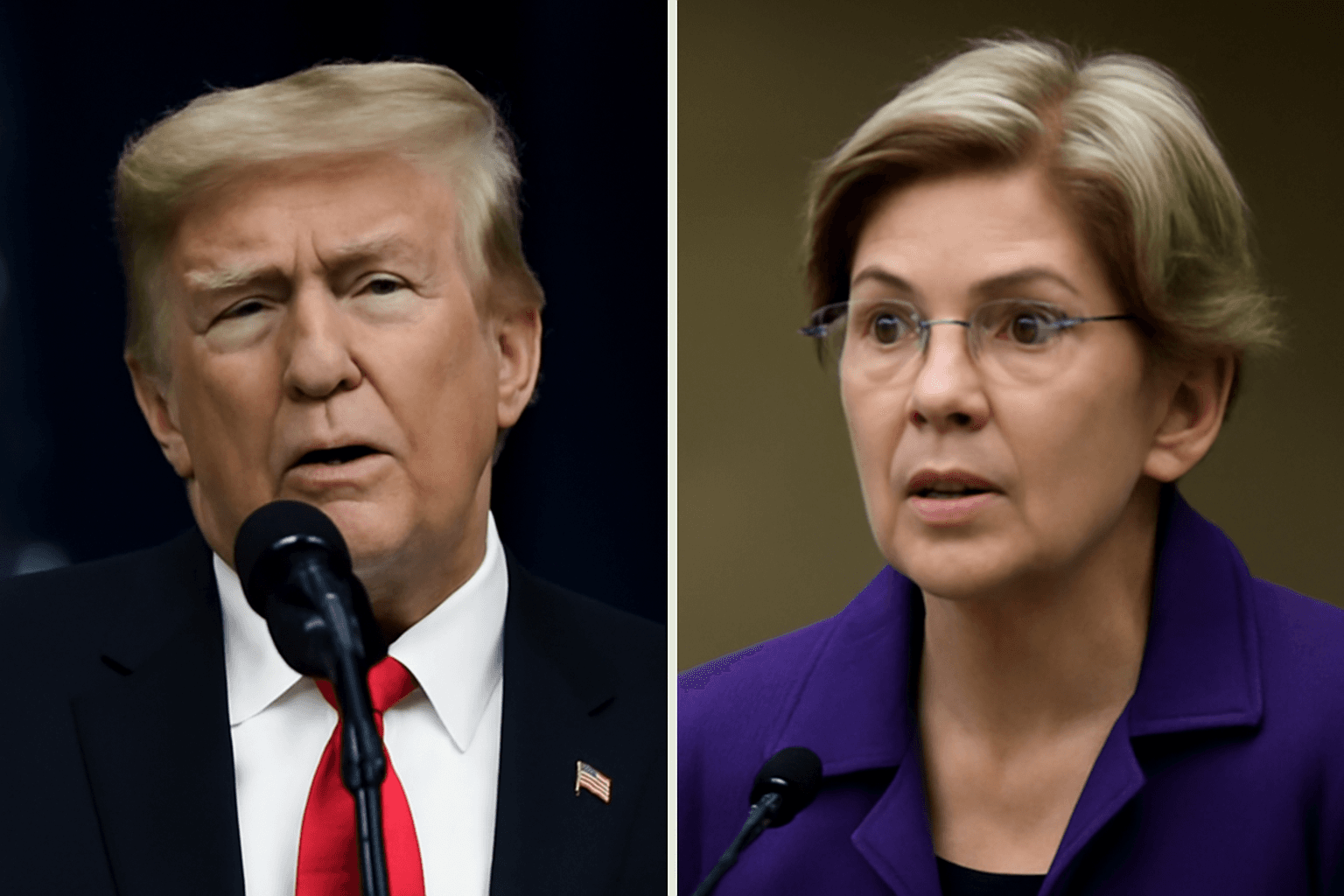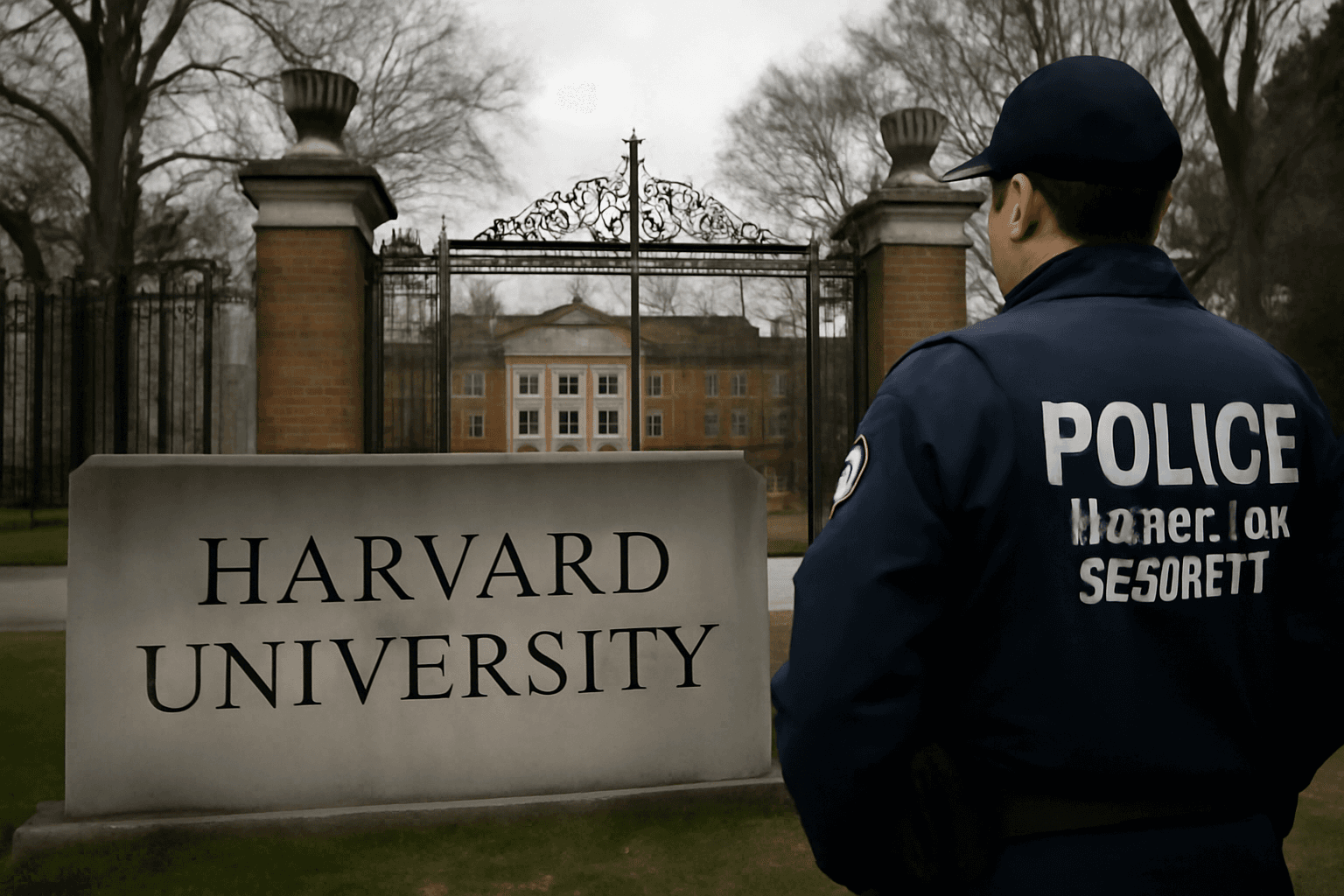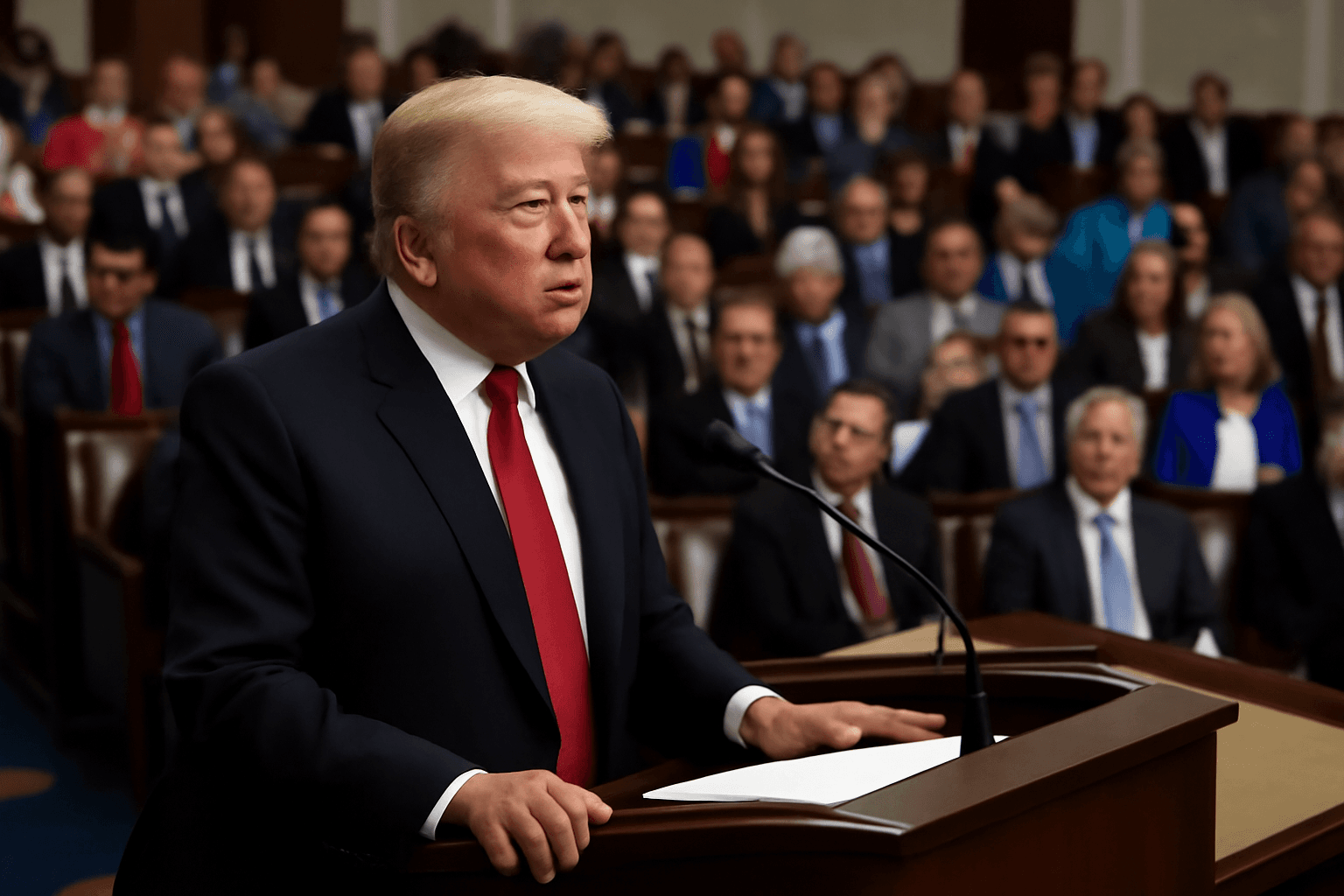National Public Radio (NPR) has initiated legal action against President Donald Trump following an executive order that halted federal funding to NPR and PBS via the Corporation for Public Broadcasting (CPB). Signed in May 2025, the order aims to suspend taxpayer support for public media outlets accused by the administration of partisan and ideologically slanted journalism.
The Trump administration argues that NPR consistently promotes progressive viewpoints while undermining conservative perspectives, which justifies withholding federal funds. At a rally in Pennsylvania, President Trump questioned the rationale behind taxpayer money supporting an outlet he labeled as "state-funded propaganda for the radical left." The executive order mandates the CPB to pause financial support pending an impartiality review of the broadcasters’ content. The administration also underscored that NPR’s financial viability should mainly rely on private donations and corporate sponsorships rather than federal aid.
In response, NPR and three Colorado public radio stations filed a lawsuit on May 27, 2025, contending that the funding freeze constitutes viewpoint-based discrimination and violates the First Amendment. NPR contends this action represents governmental retaliation intended to curb editorial independence. Katherine Maher, NPR’s President and CEO, emphasized that the dispute transcends funding issues, highlighting concerns about government influence over the information accessible to Americans.
Critics have long debated NPR's ideological leanings. Media Bias/Fact Check categorizes NPR as having a "left-center" bias, supported by audience data from a 2014 Pew Research Center survey where 67% of NPR listeners identified as liberal and only 12% as conservative. Instances cited include NPR’s coverage framing climate change as a racial justice issue and opinion pieces on labor exploitation, which have drawn conservative criticism.
Compounding the controversy, Katherine Maher’s 2022 TED Talk comment suggesting that "our reverence for the truth might be a distraction" has further fueled skepticism about NPR's commitment to objective journalism. Right-leaning media outlets interpreted this statement as indicative of a subjective approach to truth, intensifying the narrative of ideological bias within public media leadership.
The United Kingdom’s publicly funded British Broadcasting Corporation (BBC) faces similar accusations of left-center bias, especially in its coverage of the Israel-Palestine conflict. Critics note disproportionate focus on Palestinian casualties and use of terminology perceived as sympathetic to Palestinian narratives, raising questions about impartiality in publicly funded news organizations globally.
This lawsuit is emblematic of a broader conflict over government funding, media bias, and press freedom. The Trump administration views its actions as necessary to ensure taxpayer funds support neutral public media, whereas NPR considers the funding cut a dangerous infringement on journalistic independence. The outcome of this case could set significant precedents regarding governmental authority over publicly funded news outlets and the protection of First Amendment rights.

